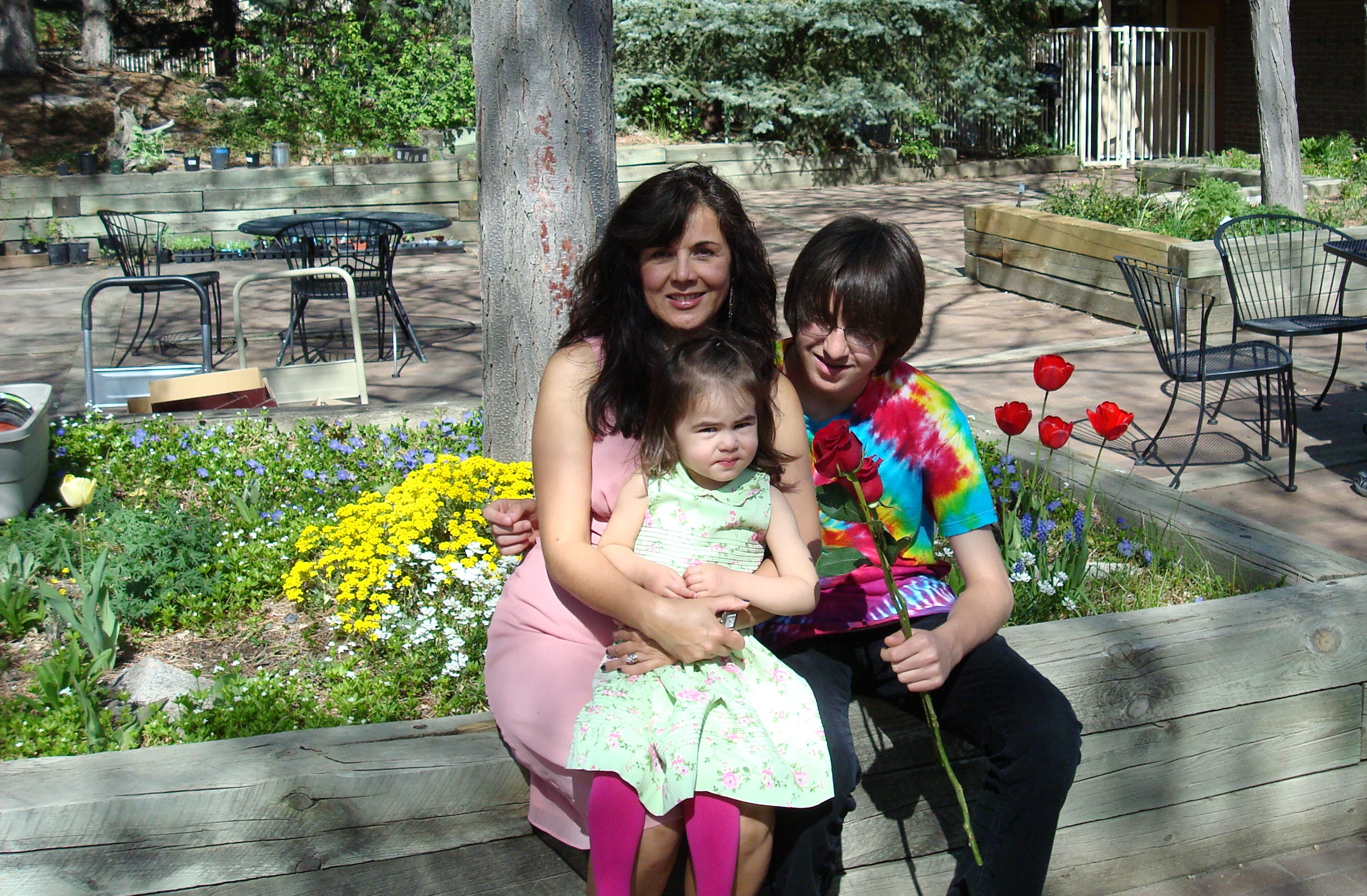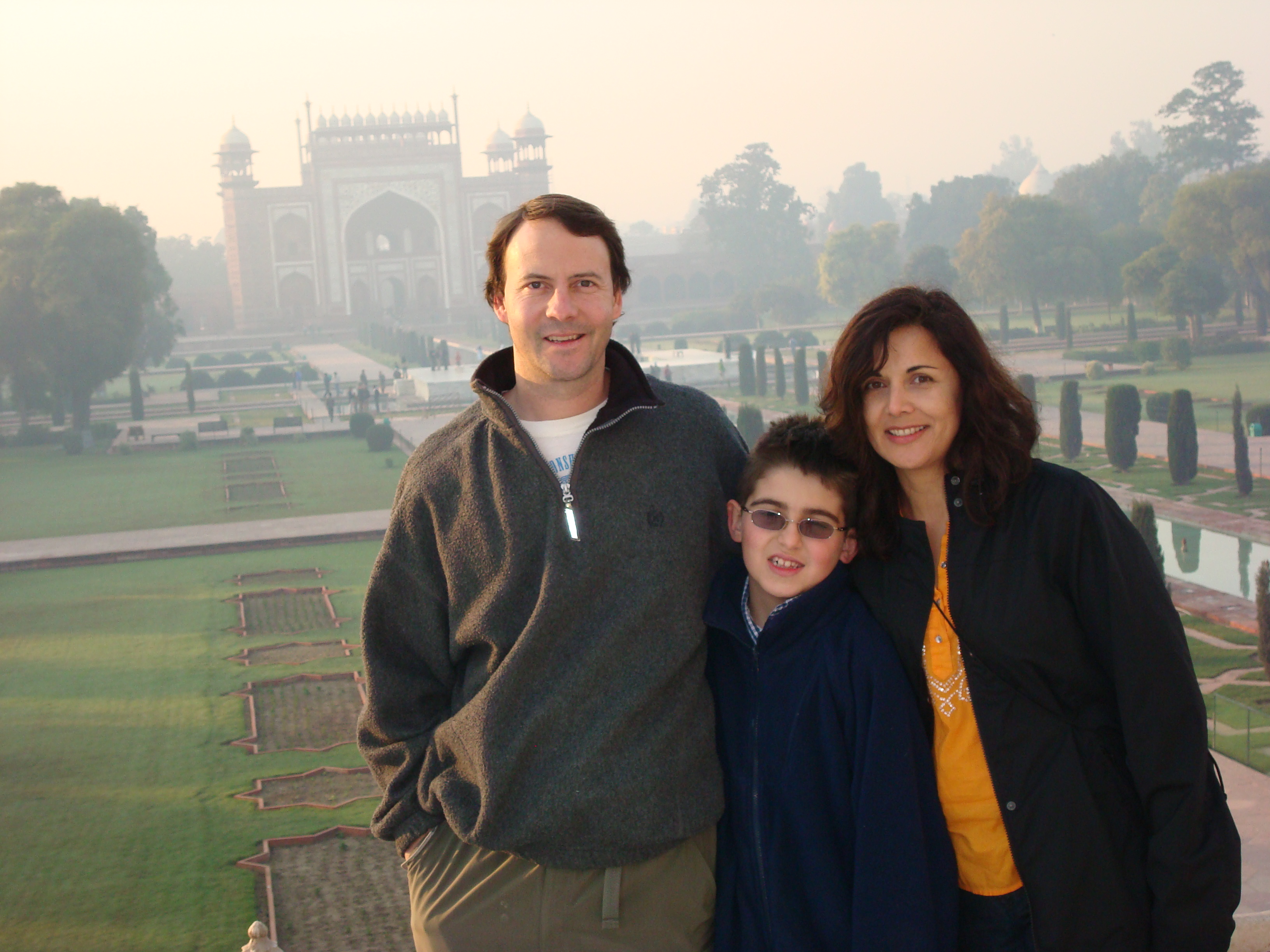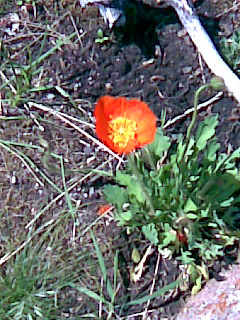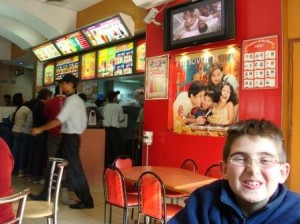Being South Asian in the South is an intriguing concept. This is is
When Thanksgiving rolls around, I’m not quite sure what to do with the holiday. Being from India, I didn’t grow up with any traditional memories. I don’t quite remember it at all. I think my family may have just tried to make a somewhat more special meal. As vegetarians (outside of the Asian cultural issue), turkey was not a consideration. Since I am still vegetarian, that part doesn’t help now.
My husband is not vegetarian and did grow up with some traditional Thanksgiving memories. So in compromise, we try to celebrate the occasion keeping both backgrounds in mind. This year, we went to my Unitarian Church’s Thanksgiving. It was $7 each and we brought a vegetable for eight. I made sauteed organic spinach in olive oil with roasted garlic. It went fast.
I was the only vegetarian in what seemed to be a gathering of about 80. I had gotten a call a few days prior confirming my vegetarian status and that something special would be made for me. I was curious and was looking forward to it. It ended up being a soupy mixture of celery and mushrooms in a little bowl. I had hoped for some protein.
My son was with his biological Dad (my ex) and was going to have somewhat of a traditional Thanksgiving, but as a vegetarian. It was our infant daughter’s first Thanksgiving. It was good to be able to leave not long after eating to get her ready for bed. She had a fit as we were driving off and we had to pull over to calm her. I thought this would have been challenging if we were with a family we knew, such as last year.
It is now Black Friday and I’m relieved Thanksgiving is behind me. I feel more in control with Christmas and am looking forward to bringing out the Christmas decor, singing Christmas carols and seeing my daughter’s reaction as she experiences her first Christmas.










 It was strange to see houses shaped like boxes from the plane. There was so much symmetry and apparent order. I saw alienating fences for the first time. At my father’s duplex that evening upon arrival, the first thing I did was tap on the walls. I had heard that all the houses in America were made out of wood. I didn’t believe it, so now I was confirming in disbelief. In India, our house along with neighbors’ was made out of stone, cement, and bricks. These homes in American seemed as if they could be blown over by a strong gust of wind.
It was strange to see houses shaped like boxes from the plane. There was so much symmetry and apparent order. I saw alienating fences for the first time. At my father’s duplex that evening upon arrival, the first thing I did was tap on the walls. I had heard that all the houses in America were made out of wood. I didn’t believe it, so now I was confirming in disbelief. In India, our house along with neighbors’ was made out of stone, cement, and bricks. These homes in American seemed as if they could be blown over by a strong gust of wind.